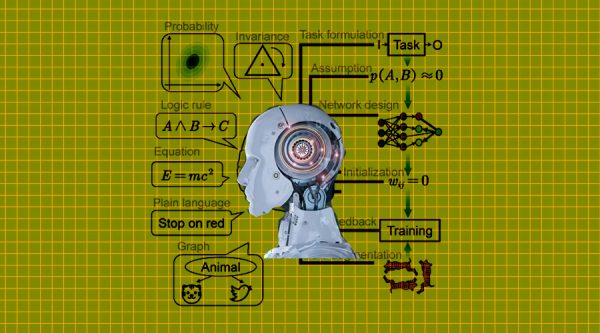A branch of computer science and artificial intelligence (AI) called machine learning focuses on using data and algorithms to simulate human learning processes and gradually improve accuracy. By 2025, the market for AI software will be worth more than US$126 billion. Exponential technology breakthroughs, which are also generating new occupations, are shaping the current labour market. In recent years, machine learning hackathons have drastically altered the hiring practises of software organisations. And with good reason. 40% of the top machine-learning hackathon participants were hired by businesses in a matter of months. MachineHack, Kaggle, NeurIPS, and other top ML hackathons are available, but in order to participate you must follow a few machine learning hackathon recommendations. These practical machine learning hackathon pointers will enable you to participate in the events that give chances for peer collaboration, networking with industry insiders, and receiving job offers from leading IT companies. These hackathons for machine learning have a good track record. The article lists the top 5 machine learning hackathon suggestions to help you succeed.
Strong Foundation
Participants in these competitions must have a broad range of skills, including computer languages, deep learning, machine learning methods, and mathematical concepts. Success at any ML hackathon depends on having a thorough knowledge of the subject. After that, carefully read through the learning materials to obtain information on error measurements, modelling techniques, cross-validation, and other relevant topics. The most important steps are understanding the data, training it, and validating it.
The key is to persevere.
Though less likely, winning a hackathon on your first attempt is still possible. Tenacity, the ability to learn from mistakes, practical experience, and a strong portfolio are necessary for competitiveness.
Obtain relevant experience
The use of purely theoretical knowledge is limited. It is more effective to work on tasks that allow one to apply the knowledge learned in a book or class than it is to merely read a book.
The importance of time
The deadline must be considered when planning the model. It is quite easy to lose track of time when focusing on changing hyperparameters or doing cross-validation tests, etc. If you adhere to a strict plan, you can finish your work quickly.
Hyperparameters versus Concepts
When focusing on fine-tuning the hyperparameters of an ML model in a time-based challenge, it is common to lose track of the passing time. The participant should put more effort into applying novel ideas based on the EDA and most recent data in order to improve their models.









